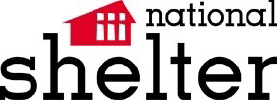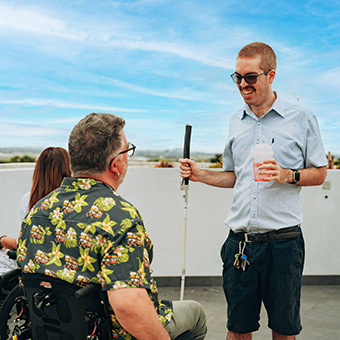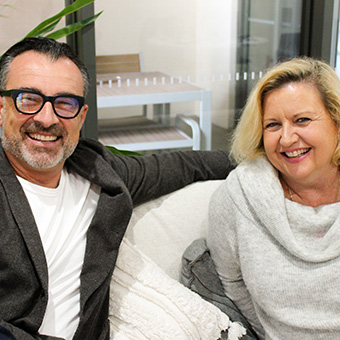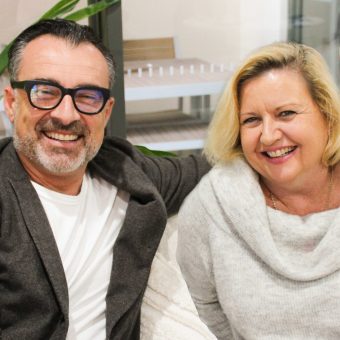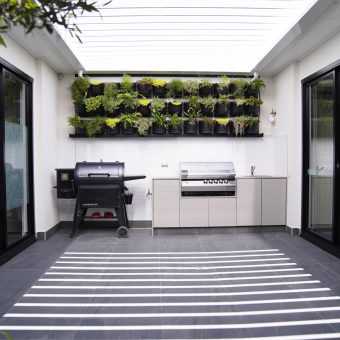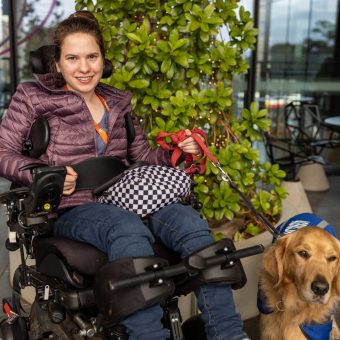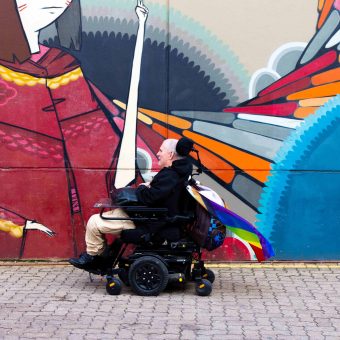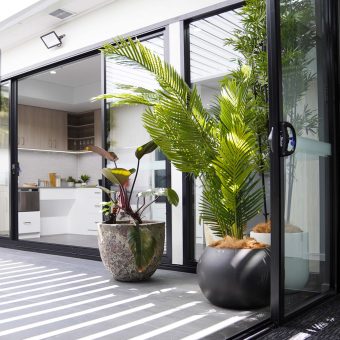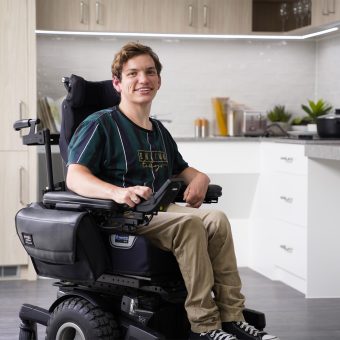
The background of NDIS and Disability Housing
What you should know
In 2011, the Productivity Commission estimated that around 28,000 people (6% of NDIS participants) will need Specialist Disability Accommodation (SDA) funding for accessible living options.
Due to funding shortfalls, many people with disability, have been living at home with their family as carers, or in group homes, aged care or hospital.
However, over time, more living options have become available. Now there are alternatives that include share houses, supported independent living and independent living. There are four categories of new SDA design. They are:
High Physical Support
(HPS)
housing that includes a high level of physical access for people who need very high levels of support.
Fully Accessible
(FA)
housing with a high level of physical access features for people who have lots of physical challenges.
Improved Liveability
(IL)
housing with better physical access and more features for people with sensory, intellectual or cognitive impairments.
Robust
(R)
housing that is very strong and durable, reducing the need for repairs and maintenance which may suit people who need help to manage complex behaviours.
SDA housing is for people with extreme functional impairment or very high support needs. Innovative SDA models are providing new ways of reducing support costs and providing access to shared supports without the need for shared housing; maximising independence, choice and control for the person receiving SDA Funding.
SDA homes range from purpose-built apartments in mixed developments (HPS, FA, IL) through to modified free-standing houses (HPS, FA, IL, R).
If you’d like to learn more about SDA housing, read our FAQs.
What about people who aren’t
eligible for SDA funding?
What about people who aren’t eligible for SDA funding?
Specialist Disability Accommodation (SDA) specific funding for housing is only available to 6% of the people with disability, who have extreme functional impairment or very high support needs. For these people, the NDIS recognises that housing and support arrangements go hand in hand.
Although access to appropriate, stable and affordable housing is recognised under the NDIS as an important element in the lives of people with disability, the NDIS is not a housing provider.
The State and Territory Governments share responsibilty for funding the housing needs for the 94% of people with disability that don’t receive SDA funding and can’t access suitable housing through their own resources.
This is where we can help. If you don’t receive SDA funding but need help identifying your potential housing options, get in touch with us and we can talk about your options.
Project Partners
Enliven Community partners with various organisation and project partners to educate,
promote, and advocate good housing options. Our current partners and projects are:
Rights and Inclusion Australia (R&IA)
Rights & Inclusion Australia (R&IA) is a national Disabled People’s Organisation (DPO) promoting the rights and inclusion of people with disability. R&IA’s ongoing work in Australia is increasing our significance as a national agent in the disability housing and support space in Australia.
National Shelter is a non-government peak organisation that aims to improve housing access, affordability, appropriateness, safety and security for people on low incomes.
National Shelter has worked towards this goal since 1976 by influencing government policy and action, and by raising public awareness about housing issues.
Project
Opening the door project
Young People in Nursing Homes National Alliance (YPINHNA)
- Taking Control of My Supports Project
The Taking Control of My Supports project is helping groups of people sharing support services to exercise more control over their services.
We put the group in control over:
• the decisions that shape and affect their lives.
• how the support service is designed and delivered
• how the group works with all its members
• how the group negotiates and communicates with the providers
• how NDIS funding can be used

“No Gaps No Overlaps”
Support Provider Forums – Risk identification and Mitigation in independent living
Enliven Community partnered with Enliven Housing and support providers including Sylvanvale Foundation, Civic Disability Services Ltd, Life Without Barriers, HealthScope Operations Pty Ltd, Afea Care Services, Scope (Aust) Ltd and Nextt Health Pty Ltd on the “No Gaps No Overlaps” risk identification and mitigation in independent living.
We convened a series of forums to look at risk (mitigation/avoidance) as being a driver for many discussions around support needs.
We will work with participants, their supports and providers to:
1. Determine risk appetite of the participant
2. Identify and assess risks present in certain independent living models (options)
3. Develop a control or mitigation plan and ensure it is appropriately resourced
4. Ensuring risks and controls are reviewed on a regular basis

